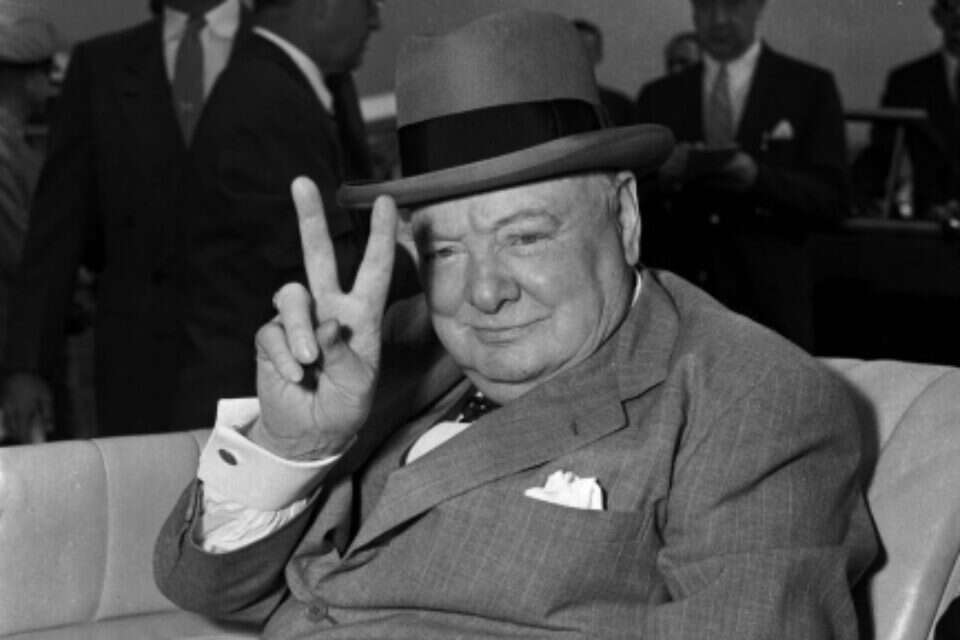We are in the most challenging period in the history of the State of Israel and Israeli society. This is the great tragedy we have experienced as a country, as a nation and as a society since the Holocaust, and on the other hand it is the finest hour of Israeli society, which emphasizes its beauty and goodness. In a cartoon from The New Yorker, Dickens was asked by his publisher: "I would be happy if you decided, was it the good of times or the bad of times?"
In 1999, Warren Bennis, one of the founding fathers of leadership research, published a revolutionary paper, a kind of repentance, whose bottom line is that leadership as we know it is over. Bennis, as a psychologist, focused his research on the leader himself. In addition to asserting that the era of leadership is over, he asserted that successful leadership depends on the relationship with those who are led. In addition, he asserts that leadership based on the concept of the almighty leader is no longer possible. In an age of a "shrinking" world, with technological and political complexity, there are few areas where individual leadership makes a difference. He identified exceptional cases, such as Trump, that overcome this challenge using technological tools, but this is short-term leadership. In the midst of this chaos, he argues, there must be new leadership that will be successful if it engages with the leaders, and he lists four characteristics that will ensure this. And what is the connection to us? If we analyze reality, according to Bennis's model, we will better understand the situation. And as Bennis says: leadership isn't really over, it will regrow if it embraces the elements it offers. And in our case - this is our road map to recovery:
Cartoon of The New Yorker, Photo: Bud Handelsman, 1987
1. The new leadership understands and works regularly to encourage and evaluate talent. They say that a leader creates leaders. The new leadership serves as more curator and less creative. The new leadership recruits a "hive" of experts and talents, and encourages and empowers them. The leader is not necessarily the best and smartest, but he has a "sense of smell" for talent and recruits the best. In other words, in order to lead a process of recovery and correction, you need leadership that will recruit professional and talented officials in the public service who will lead the various government ministries.
2. The new leadership continues to remind and say what is important. There has been talk of the precarious state of our social resilience. For a long time, society has been ideologically divided and divided over priorities. The first step to social recovery is the creation of a shared vision, from which values and goals will be derived. For years we were a "mobilized society" for common missions and goals that created the miracle called "the State of Israel."
3. The new leadership creates and maintains trust. "The social contract between the state and citizens has been violated" is a common phrase now. The feeling of the citizens is that the trust between them and the "kingdom" has been violated. To ensure trust, Bennis maintains that leadership must demonstrate skill, expertise, caring, fairness, honesty and authenticity. I don't know what the composition of the leadership will be the day after, but it is certain that these will be the criteria by which its credibility will be tested.
In an age of a "shrinking" world, with technological and political complexity, there are few areas where individual leadership makes a difference. He has identified exceptional cases, such as Trump, that overcome this challenge using technological tools, but this is short-term leadership
4. The new leadership and leaders are "allies" and share a common destiny. An example of this is Churchill's subway ride to the War Cabinet to make crucial decisions, including his "blood, sweat and tears" speech that made it clear to the British that the prime minister was telling them the truth and, more than that, had the same experiences as them.
We began with Dickens and ended with it, hoping for "the good of times, the age of wisdom, the age of faith, the days of light, the spring of hope and that anything is possible." It is possible and it depends on leadership - new leadership. And as Bennis says, "The new leadership is not the loudest voice but the most attentive ear." He would.
Wrong? We'll fix it! If you find a mistake in the article, please share with us

